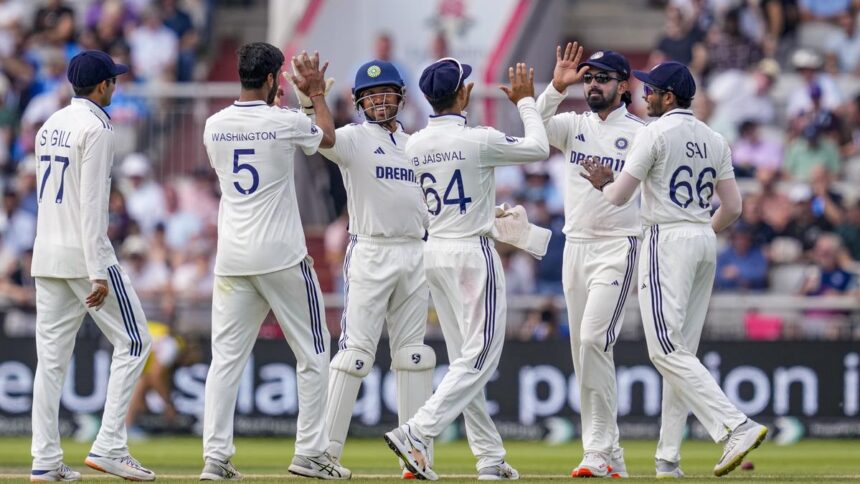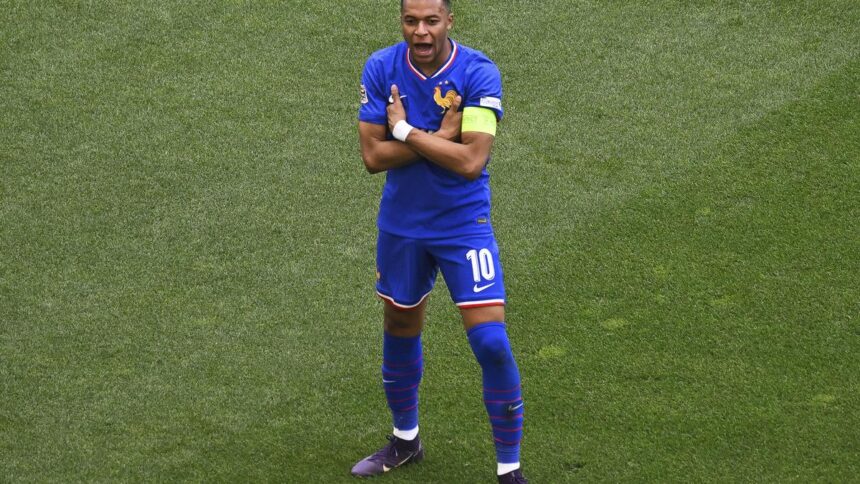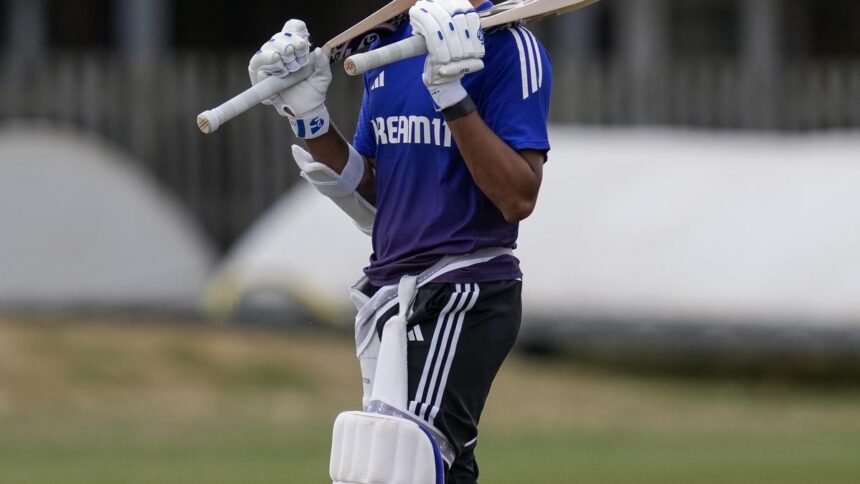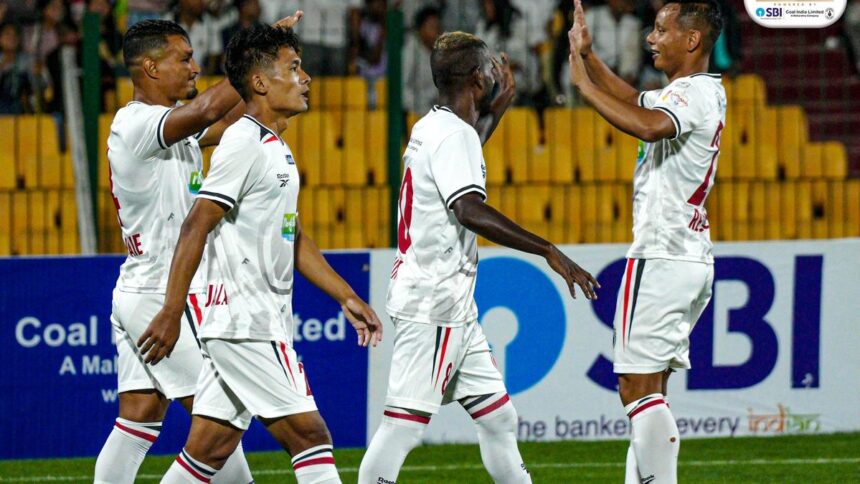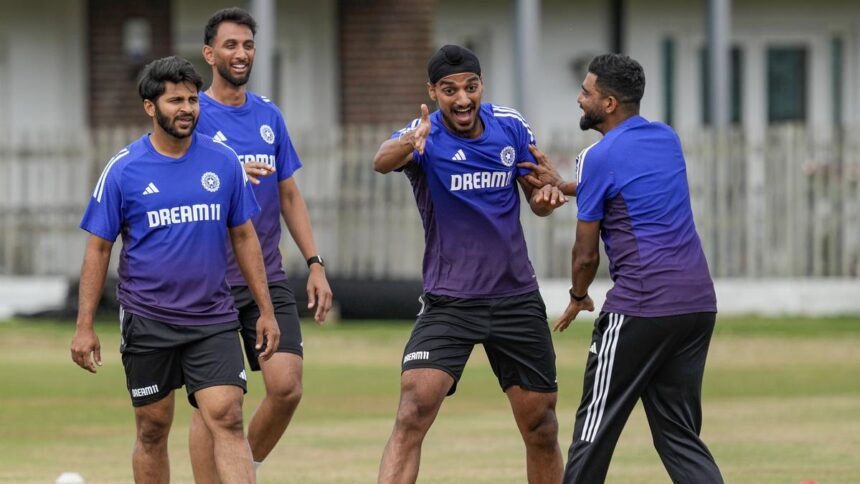At Lord’s in 1990, Mohammad Azharuddin won the toss and surprised everybody including his coach Bishan Singh Bedi by opting to field. England opener Graham Gooch went on to make 333, and India lost the Test by 247 runs. Bedi quickly distanced himself from the decision.
The Azharuddin-Bedi combination was not destined to be a great one. In New Zealand where the two first came together, Bedi told the media after a poor Indian performance that if anyone wanted to throw himself into the Pacific Ocean, he would not stop them. A great player with a deep knowledge of the game lacked ‘chemistry’ with the captain. This ‘chemistry’ seems to be more important than almost anything else.
Watch Brendon McCullum and Ben Stokes going about their task. You suspect they could finish each other’s sentences. During the recent India series, the cameras occasionally panned on McCullum signalling to Stokes on the field; it wasn’t seen as interference, merely as a reminder of earlier discussions. After all England play ‘Bazball’, not ‘Benball’.
Powerful figure
Today’s coach is powerful. The captain’s role begins and ends at the boundary line. This is partly because in international cricket, the coach leads a team which is usually larger than the one the captain leads. Inputs and data and mathematical possibilities are funneled through him to the captain who makes his decisions based on these. Some coaches are happy to remain in the background. Captaincy is not an exact science, and captains sometimes ditch the data and go with their guts; the unexpected can be as lethal as the designed.
How important is the coach? He does make the captain’s job easier by handling practice sessions, room allotments and by presenting to him the result of coaching discussions with the rest of the staff. He is the details man, and the captain the recipient of instructions on a need-to-know basis so his head is not cluttered with too many things. He can focus on the decisions on the field. Many still get involved at a granular level; a few might be better off without a coach.
The passing of Bob Simpson, who played a key role in taking a young Australian side to the top in the mid-80s, and his relationship with skipper Allan Border has focused attention on the matter afresh.
Simpson, a former captain, did not have a team with modern gizmos, and had to rely on native sense and experience. A later coach, John Buchanan, had played no international cricket but was successful, taking Australia to two World Cup triumphs.
Yet, the question he was asked by Bedi at an awards function is one many have asked of coaches in general. Bedi asked: “Tell us, John, have you made this Australian team great, or have they made you?” Both, might be the possible answer.
India have a new captain and coach, and it will be interesting to chart the Shubman Gill-Gautam Gambhir partnership. Gill showed aggression in England. Will that complement or clash with Gambhir’s own aggression? Teams take on the personality of their captain.
Balancing act
Coaching India involves a unique balancing act to retain clarity among superstar players, demanding fans, challenging media and the politics of the Board of Control for Cricket in India.
John Wright, who struck up a fruitful partnership with Sourav Ganguly, saw the team following the match-fixing scandal and was at the helm as India began to win abroad more consistently. He has written about how when the team returned after winning, there was a limousine awaiting him at the airport. When they lost he had to stand in the queue for a taxi.
When India first became the No. 1 team in the world, M.S. Dhoni had in his corner Gary Kirsten; the Virat Kohli-Ravi Shastri combination led to success too, especially in Australia where India won back-to-back series. By this time Kohli had made the captain the more powerful, using his clout to have coach Anil Kumble replaced. With Rahul Dravid as coach and Rohit Sharma as captain — two even-tempered men — it was an equal relationship.
Results are important for both captain and coach. But a poor captain with a good result trumps a good coach with a poor result every time.
Published – August 20, 2025 12:24 am IST

















